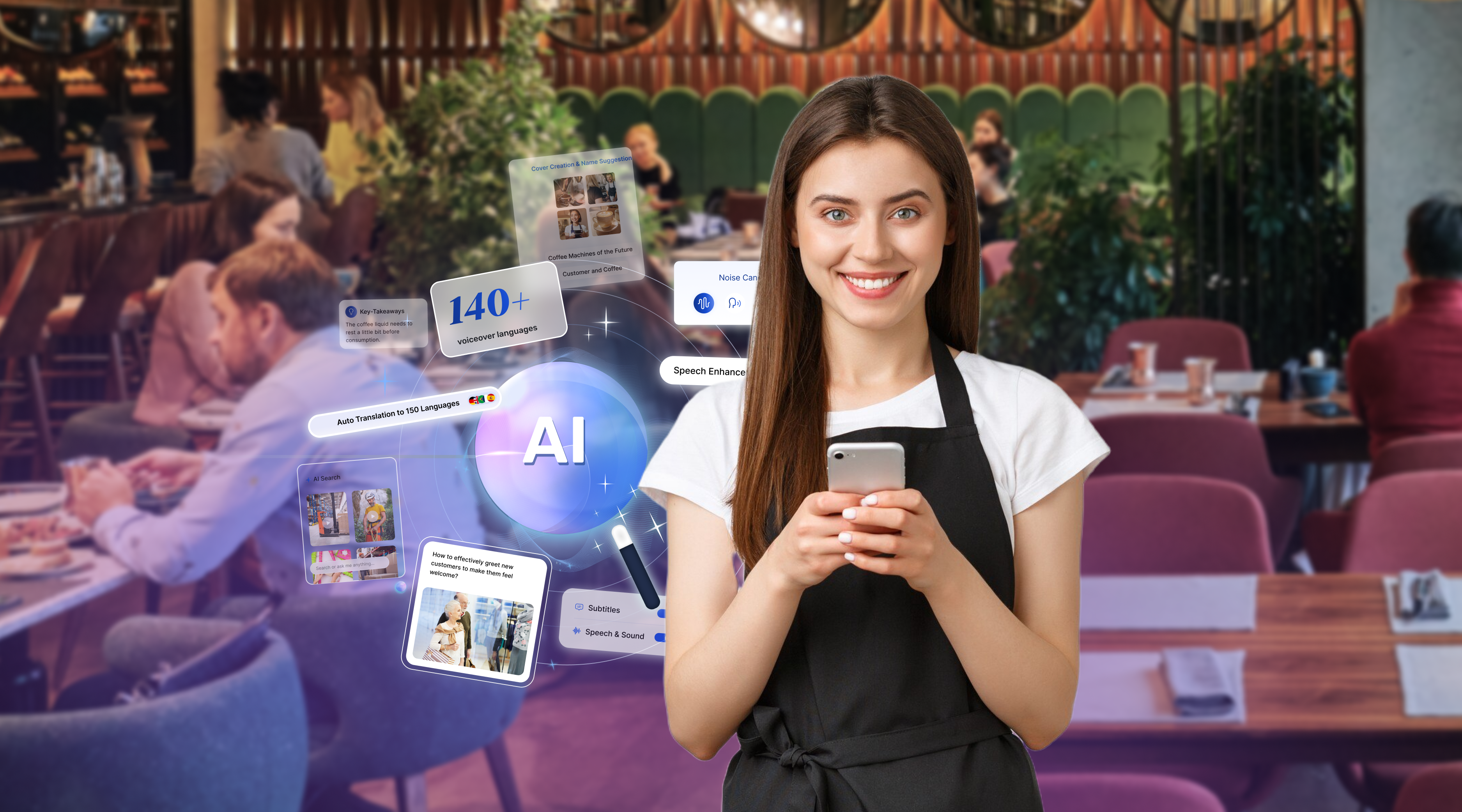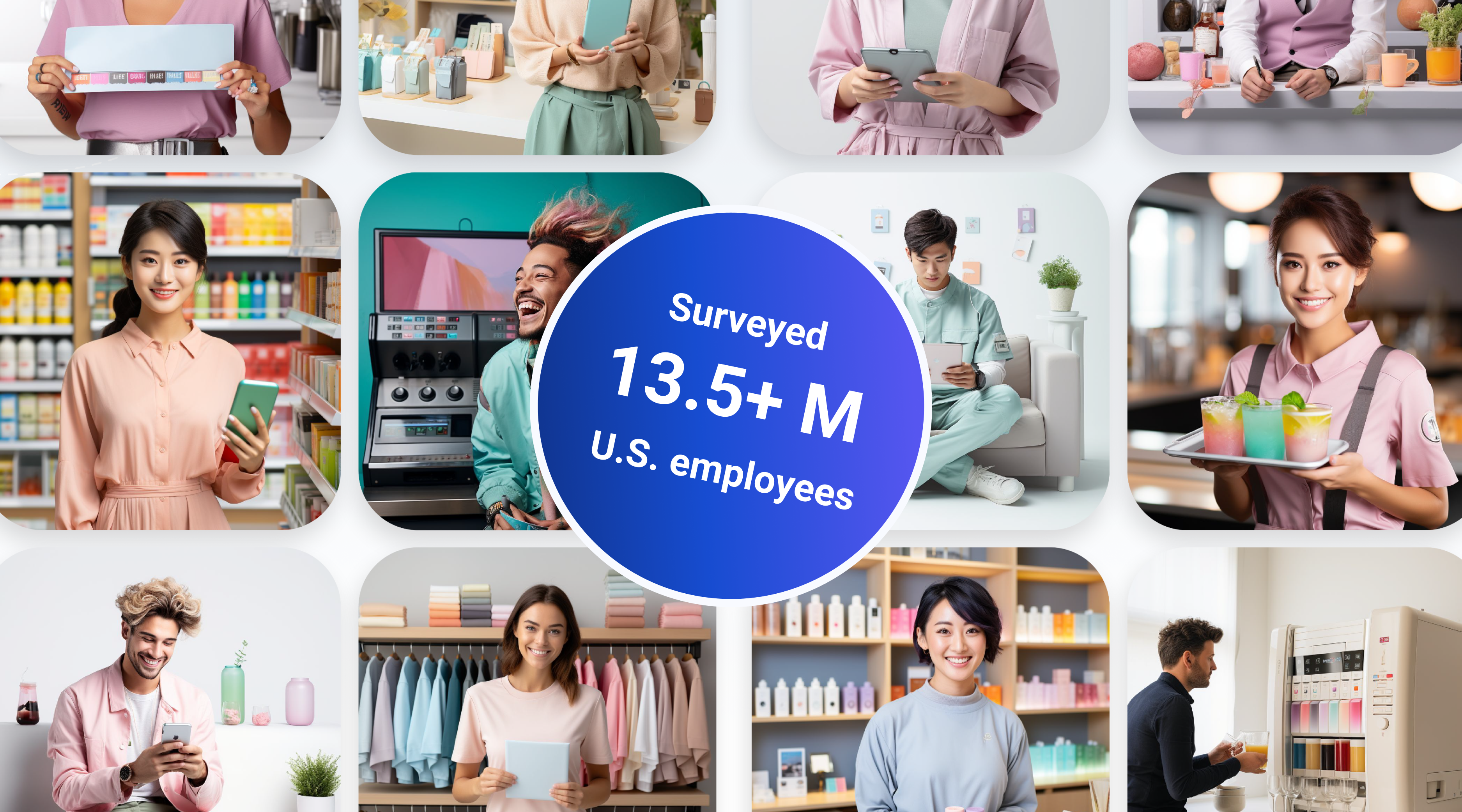More than 4.5 billion people use social media today. The number of users will grow to over 5.8 billion by 2027, according to Statista. The list of social media platforms is also growing and not just limited to Facebook or TikTok.
Social media started as a way to connect and stay in touch with your loved ones. Today, it can also be a great way for L&D managers to generate insights for effective learning programs. Social media can teach us several useful learning strategies for workforce training. These approaches are highly engaging and perfect for Gen Z employees and millennials.

Mobile Learning
Over 6.5 billion people use smartphones worldwide today to access social media apps. Your employees also use mobiles to work, browse the internet, or order food. This shows us the potential of utilizing the mobile learning to train your different teams.
You can use mobile learning platforms like Bites to create short videos to make training engaging. Engaged learning motivates learners to achieve better outcomes.
-Benefits of mobile learning:
- Allow employees to learn outside of the office
- Implement training on the go
- Make learning materials always accessible
The Power of Videos
Videos are everywhere today and not just on social media. A survey by Think with Google found that 4 out of 5 people agree that videos let them learn new things.
Videos can be a powerful learning tool to train current and Gen Z employees. They grew up surrounded by social media, where videos are highly popular.

How to Create Employee Training Video
L&D managers can easily create employee training video content using Bites. You just have to follow a few simple steps:
- Record your video using your smartphone
- Edit the video with Bites editor (you can also add voice-overs, texts, and more)
- Create playlists for similar courses or different chapters
- Share the videos using messaging apps
Moreover, Bites allows you to track learning outcomes and implement assessments. You can also access advanced analytics to know how your training program performs.
-Benefits of employee training video:
- Improves learner participation
- Cost-effective
- Improves retention rates
Microlearning for Better Outcomes
In today’s world it can be challenging to concentrate and learn a new topic as it’s filled with distractions and online triggers. When it comes to the workplace, employees often manage their daily duties along with learning which makes it even harder to find the needed attention span
Research shows traditional methods, eBooks, or long chapters of information don’t work so well. We learn better when we receive information in short pieces.
Social media is all about brevity. Social media updates are also concise and provide you with information in a few sentences.
L&D managers and educators can utilize this strategy to implement microlearning for employees. According to researchers, microlearning can increase information retention by 20%.
-Benefits of microlearning:
- Break up complex information into small chunks, making it available for on-the-job training
- Make information easy to digest

Try Out Micro courses
Instagram started the popularity of reels with ultra-short videos of less than 60 seconds. Most social media apps have caught on with the trend, allowing users to create short videos or reels.
Facebook invested $1 billion earlier this year to reward content creators for reels. Now, the company is paying a bonus for reels that attract over 1,000 views in a month.
Instead of creating reels, you can use the strategy to create microlearning courses. It refers to focusing on a niche or highly-specific topic for better learning outcomes.
-Benefits of micro courses:
- Create quick tutorials
- Teach practical steps
- Track learner progress efficiently
- Create learning materials easily
Aim for High Interactivity
Social media thrives on interactivity. Users enjoy social media apps for the ability to comment, like, and share posts and updates. The higher the level of interaction, the higher the user engagement rate and satisfaction.
Learners can achieve better outcomes when learning is interactive. This applies to students in preschools to Gen Z employees at the workplace. Research shows interactive learning overcomes learning barriers and improves learners’ motivation.
Enterprises rely on several technologies like virtual reality (VR), 3D classrooms, and more to implement training. L&D managers for small and medium businesses need not invest so much in making learning interactive.
Instead, several simple strategies may work, like:
- Asking questions at the end of an employee training video
- Using flashcards to summarize information
- Encouraging group discussions
- Improving interaction between instructor and learners
Bites allow you to incorporate quizzes, questions, and flashcards into your learning content. You can aim to make your training interactive for improved knowledge retention.
-Benefits of interactive learning:
- Makes learning collaborative
- Improves decision-making skills
- Motivated learners
Create a Great Learning Experience
Social media websites aim to deliver amazing user experiences. It helps the sites to keep users coming back and offer an excellent platform to socialize.
Workplace learning is also moving towards creating a holistic experience for employees. It involves mixing and matching several elements and educational trends for improved learning.
We covered some of the trends above, like microlearning. You can also incorporate other trends like:
- Aligning learning with business skills
- Upskilling employees for better performance
- Cross-training for overall skill development
Final Thoughts
Social media can teach us a lot about developing the right learning strategy. You can take clues from social media and implement mobile learning and microlearning courses for better learning outcomes. Additionally, ensure your learners can balance training, work, and life well to remain stress-free.
L&D managers and businesses can use Bites to implement workplace learning strategies. You can also leverage best practices like microlearning for better results. It is also possible to make learning more interactive via quizzes or flashcards. Try Bites today.



















